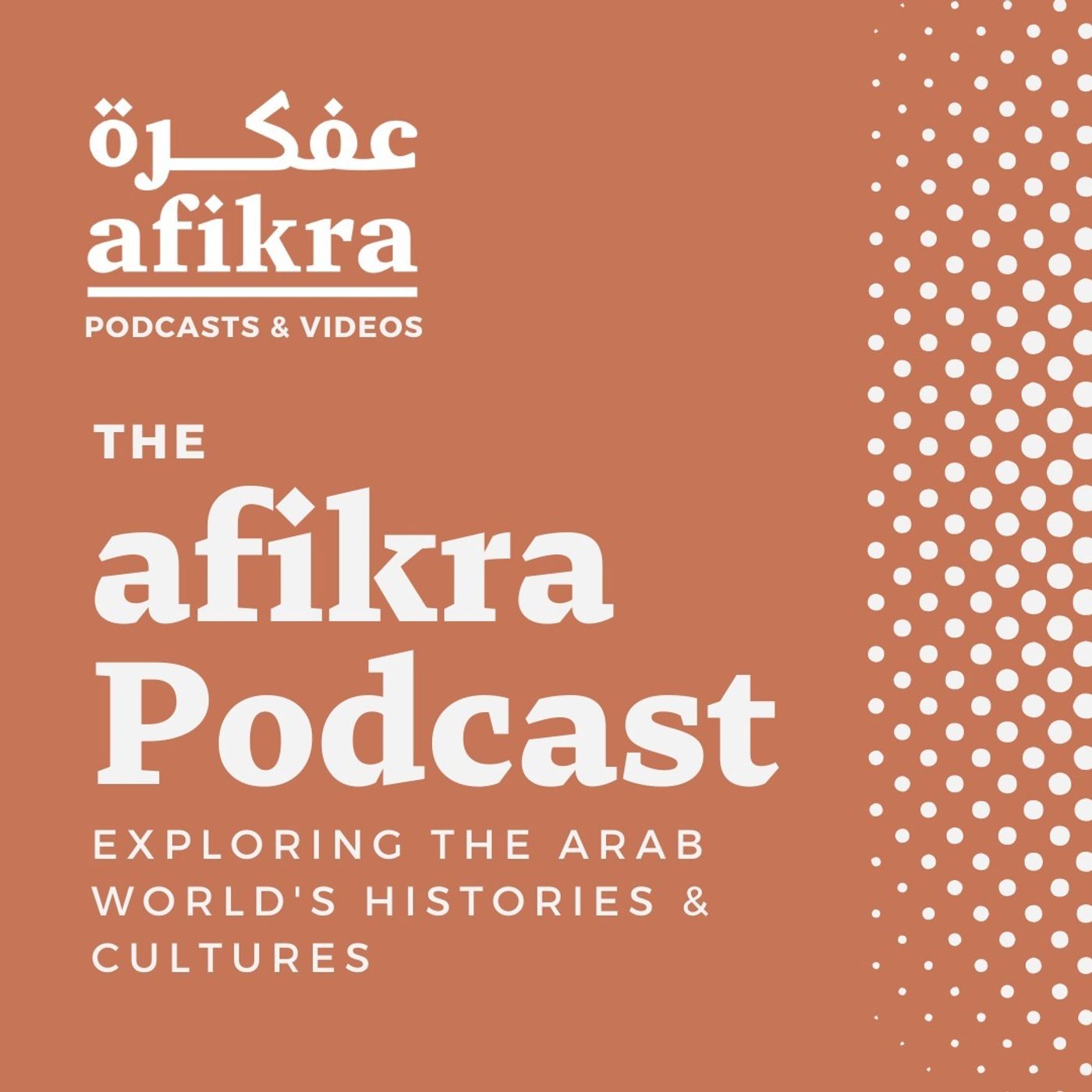- After-Shows
- Alternative
- Animals
- Animation
- Arts
- Astronomy
- Automotive
- Aviation
- Baseball
- Basketball
- Beauty
- Books
- Buddhism
- Business
- Careers
- Chemistry
- Christianity
- Climate
- Comedy
- Commentary
- Courses
- Crafts
- Cricket
- Cryptocurrency
- Culture
- Daily
- Design
- Documentary
- Drama
- Earth
- Education
- Entertainment
- Entrepreneurship
- Family
- Fantasy
- Fashion
- Fiction
- Film
- Fitness
- Food
- Football
- Games
- Garden
- Golf
- Government
- Health
- Hinduism
- History
- Hobbies
- Hockey
- Home
- How-To
- Improv
- Interviews
- Investing
- Islam
- Journals
- Judaism
- Kids
- Language
- Learning
- Leisure
- Life
- Management
- Manga
- Marketing
- Mathematics
- Medicine
- Mental
- Music
- Natural
- Nature
- News
- Non-Profit
- Nutrition
- Parenting
- Performing
- Personal
- Pets
- Philosophy
- Physics
- Places
- Politics
- Relationships
- Religion
- Reviews
- Role-Playing
- Rugby
- Running
- Science
- Self-Improvement
- Sexuality
- Soccer
- Social
- Society
- Spirituality
- Sports
- Stand-Up
- Stories
- Swimming
- TV
- Tabletop
- Technology
- Tennis
- Travel
- True Crime
- Episode-Games
- Visual
- Volleyball
- Weather
- Wilderness
- Wrestling
- Other
BASSAM HADDAD | Syria's Business Model | Conversations
What is Syria’s business model? How will the current political constriction, brain and human drain, and regional geo-politics affect the country moving forward? In this fascinating conversation with Bassam Haddad, we consider money as a mentality, Syria’s political economy, and reflect on the growing drug trade and rentierism. He also shares his experience founding (and naming) Jadaliyya and being the executive director of the Arab Studies institute. Bassam Haddad is the Founding Director of the Middle East and Islamic Studies Program and an associate professor in the Schar School of Policy and Government at George Mason University. He’s also the co-founder and editor of Jadaliyya and executive director of the Arab Studies Institute. He wrote “Business Networks in Syria: The Political Economy of Authoritarian Resilience” and co editor of “A Critical Political Economy of the Middle East.” About “Business Networks in Syria: The Political Economy of Authoritarian Resilience”: Collusion between business communities and the state can lead to a measure of security for those in power, but this kind of interaction often limits new development. In Syria, state-business involvement through informal networks has contributed to an erratic economy. With unique access to private businessmen and select state officials during a critical period of transition, this book examines Syria's political economy from 1970 to 2005 to explain the nation's pattern of state intervention and prolonged economic stagnation. As state income from oil sales and aid declined, collusion was a bid for political security by an embattled regime. To achieve a modicum of economic growth, the Syrian regime would develop ties with select members of the business community, reserving the right to reverse their inclusion in the future. Haddad ultimately reveals that this practice paved the way for forms of economic agency that maintained the security of the regime but diminished the development potential of the state and the private sector. ****** ABOUT THE SERIES ****** afikra Conversations is our flagship program featuring long-form interviews with experts from academia, art, and media who are helping document and/or shape the histories and cultures of the Arab world through their work. Our hope is that by having the guest share their expertise and story, the community still walks away with new found curiosity - and maybe some good recommendations about new nerdy rabbit holes to dive into head first. Following the interview there is a moderated town-hall style Q&A with questions coming from the live virtual audience on Zoom. Join the live audience: https://www.afikra.com/rsvp Watch all afikra Conversations: https://www.youtube.com/playlist?list... ****** ABOUT AFIKRA ****** afikra | عفكرة is a movement to convert passive interest in the Arab world to active intellectual curiosity. We aim to collectively reframe the dominant narrative of the region by exploring the histories and cultures of the region- past, present, and future - through conversations driven by curiosity. 🖥️ Live Events & Conversations hosted on Zoom http://afikra.com/rsvp 📍 Local Events in 30 locations worldwide (17 in MENA, 7 in Europe, 6 in Americas) http://afikra.com/chapters 🎧 New Podcasts + Videos weekly http://afikra.com/podcasts ⚡ Support our work http://afikra.com/support 🔗 Instagram: https://www.instagram.com/afikra_ 🔗 Facebook: https://www.facebook.com/afikra.official 🔗 Twitter: https://twitter.com/afikra *******

